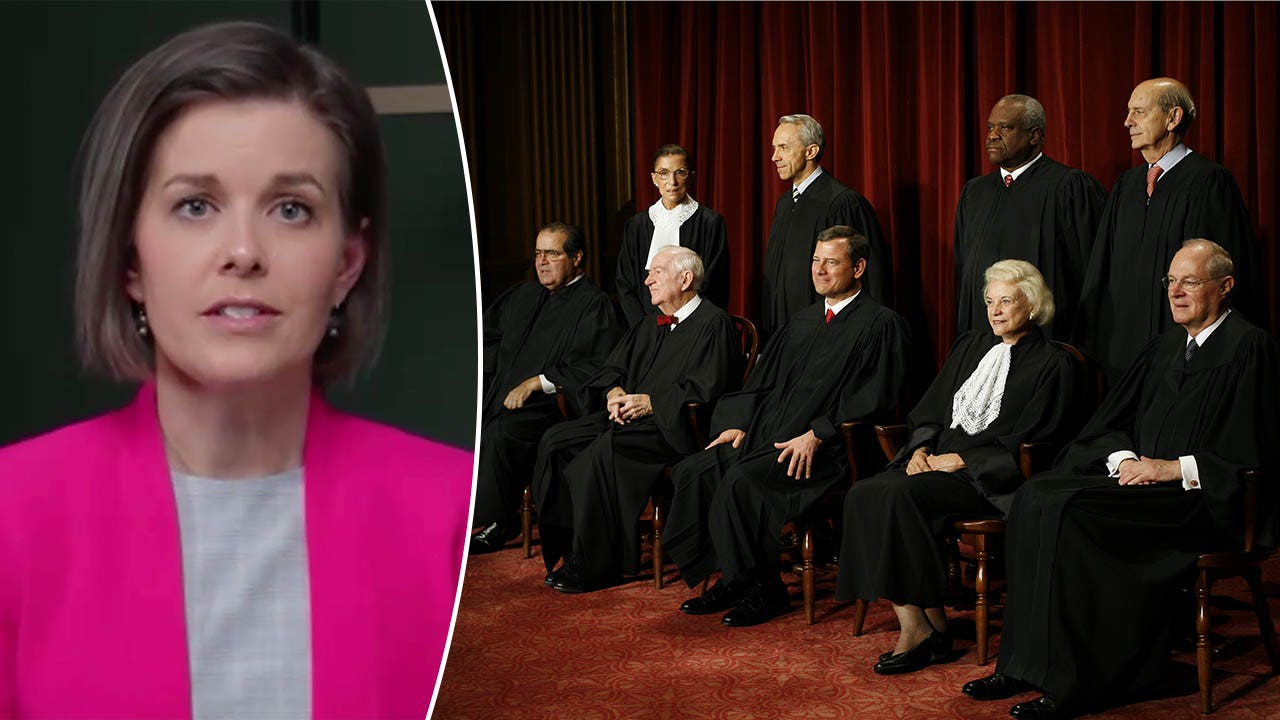Maine Lawmaker Appeals Censure Over Trans Athlete Comments to Supreme Court
Rep. Laurel Libby challenges Maine House censure linked to her viral post about a transgender athlete, raising significant free speech concerns.
Subscribe to unlock this story
We really don't like cutting you off, but you've reached your monthly limit. At just $5/month, subscriptions are how we keep this project going. Start your free 7-day trial today!
Get StartedHave an account? Sign in
Overview
Maine lawmaker Rep. Laurel Libby is appealing to the Supreme Court after being censured for a viral Facebook post concerning a transgender athlete. The censure has severely limited her legislative participation, prompting her lawsuit that claims a violation of free speech rights. Amid ongoing national debate and legal conflict over transgender athletes in sports, her appeal raises important questions about representation and legislative ethics.
Report issue

Read both sides in 5 minutes each day
Analysis
- Laurel Libby, a GOP state representative in Maine, is appealing to the U.S. Supreme Court after being censured for a Facebook post about a transgender athlete, arguing this limits her ability to represent her constituents effectively.
- The censure followed Libby's identification and criticism of a student who previously competed as a male, sparking national debate about transgender athletes in girls' sports and igniting tensions between state and federal government views on the matter.
- Libby claims her free speech rights were violated by the censure, while a federal judge ruled the censure wasn't severe enough to warrant judicial intervention in state legislative matters.
Articles (3)
Center (2)
FAQ
Rep. Libby was censured for a Facebook post criticizing the state for allowing a transgender athlete to participate in girls' sports, specifically highlighting a student's performance in a track event.
The censure limits Libby's ability to speak and vote on the House floor, which she argues disenfranchises her constituents until she publicly apologizes.
Rep. Libby initially filed a federal lawsuit against the House Speaker, which was denied. She is now appealing to the U.S. Supreme Court for an injunction to restore her legislative rights.
The appeal comes amid a broader national debate on transgender athletes in sports, with the Trump administration recently suing Maine over its policy allowing transgender students to participate in sports consistent with their gender identity.
History
- This story does not have any previous versions.

